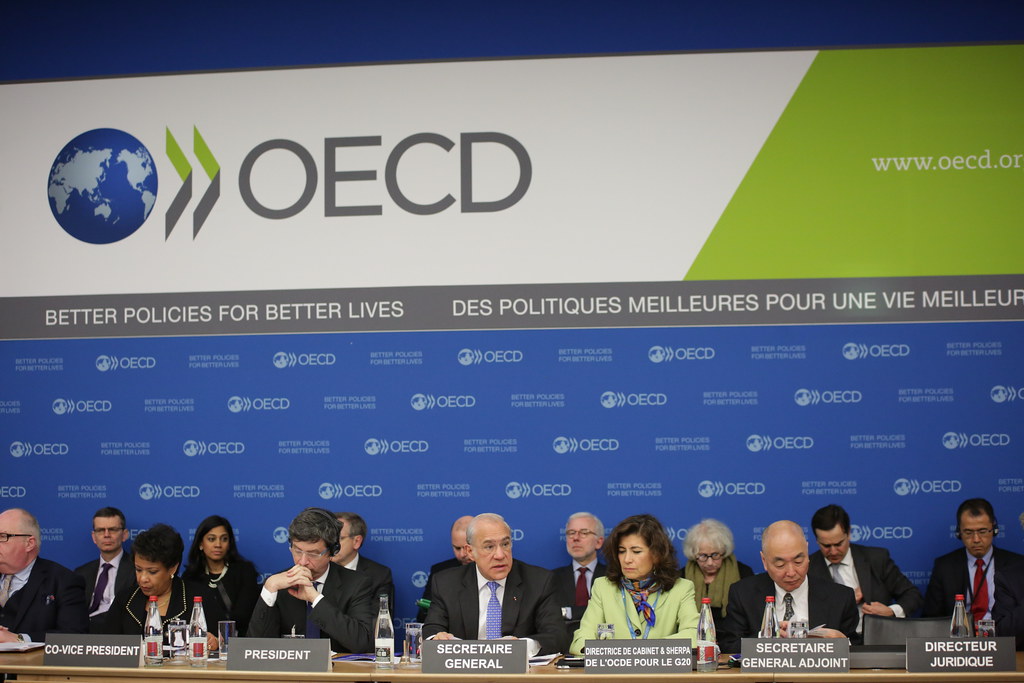New policy brief by the OECD voices support for the social and circular economy
The OECD has released a very important policy brief regarding the social economy’s contribution to the circular economy. RREUSE warmly welcomes this initiative, which rightly voices social enterprises’ pioneering role in expanding circular economy practices.
It is promising to see institutions such as the OECD and the European Commission voicing their support for the social and circular economy. In particular, RREUSE applauds the comprehensive analysis of the sector and the recognition that social enterprises active in the circular economy will be essential to achieve an inclusive and circular future.

Whilst the European Circular Economy Action Plan had already recognised the job creation potential of social enterprises, this report identifies five ways in which the social economy can contribute to the transition to a circular economy:
- The social economy has a demonstrated experience in developing circular activities
- The social economy makes the transition to the circular economy more inclusive
- The social economy can inspire business models and practices based on collaboration at local level
- The social economy furthers stakeholder engagement and improves social acceptance of circular products and green technologies
- The social economy promotes more circular and sustainable behaviours
RREUSE was delighted to have had the opportunity to contribute to the consultation process including the provision of job creation and work integration data. Based on recent RREUSE data, most social enterprises create between 40 and 100 jobs per 1,000 tonnes of material collected and valorised for re-use oriented activities. Moreover, most social enterprises from RREUSE’s wider network employ between 45% and 80% of disadvantaged individuals.
The OECD identifies policy orientations to develop an enabling framework for social economy organisations contributing to the shift to the circular economy. RREUSE is pleased to see a strong emphasis on reinforcing the synergies between the social and circular agendas, including the need to define common targets, align policy priorities across sectors and government levels, and induce dialogue and facilitate partnerships among several actors along the circular economy value chain.
The policy brief also lays out policy recommendations that RREUSE has strongly supported throughout the years. These include removing barriers to access the waste stream and second-hand goods, ensuring that financial instruments are available to social enterprises independently of the size and legal form, introducing social and circular clauses in public procurement in order to boost market demand, and supporting training and work integration through skills certification programmes.
Finally, proposals such as supporting impact measurement, enhancing research and data to understand further the synergies between the social and the circular economy, and reinforcing innovation through publicly funded incubators and support of high potential pilot projects are highly welcomed.
Michal Len, Director of RREUSE said: “We are delighted to see the OECD highlighting the social economy’s contribution to the circular economy and voicing support for an enabling policy framework to boost the sector. A strong emphasis on reinforcing the links between the social and circular economies is particularly welcomed, as this would facilitate a more resilient economy with inclusion and sustainability at heart. RREUSE is ready to contribute to the development of a joint social and circular agenda that facilitates partnerships, common targets, and policy priorities across government departments”.

